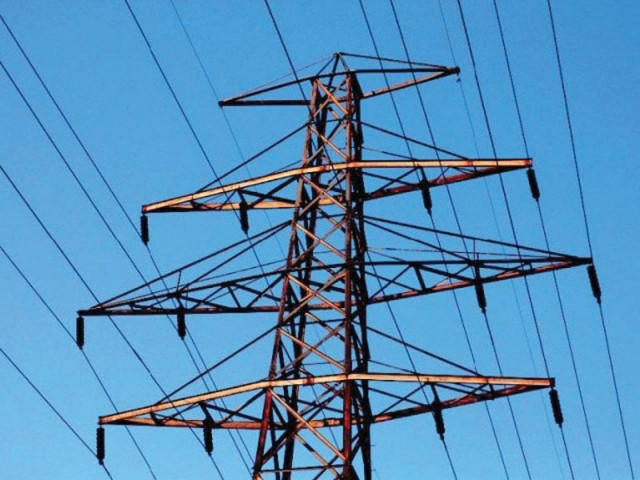Powerless in Karachi
Wind, solar can help economy in the time it takes bigger projects, such as nuclear, coal, hydel power, to take shape.

setting up wind and solar power projects takes up less than half the time it will to set up any other kind of energy generating plant. PHOTO: FILE
Being one of the fastest growing metropolis in the world with massive numbers of people migrating into Karachi every day, these statistics paint a dismal picture of the port city in the future. If three million people in Karachi are deprived of energy, these people will not be able to contribute to the economy as productive members, which will have detrimental effects on the national economy. The obvious blame goes to the government, or politicians, who do not have the political will to solve Pakistan’s energy crisis. The Thar Coal debate has been raging for nearly more than a decade, and only time will tell how long we will fight over the proposed nuclear plants on the outskirts of Karachi. It is merely due to the massive scale of such projects that governments wish to indulge in them — there are more chances of procuring foreign donations, which may or may not be spent entirely on setting up such projects.
Instead of only focusing on these traditional, costlier and long-term electricity-generating projects, Pakistan also needs to realise the importance of alternative sources, such as wind and solar power. According to the experts who shared the dismal stats on Karachi’s future energy crisis, setting up wind and solar power projects takes up less than half the time it will to set up any other kind of energy generating plant. In such a scenario, the government should look towards these options to resolve the present energy shortages. This does not, however, mean that the government should ignore long-term solutions as well. Wind and solar energy can help the economy in the time it takes for bigger projects, such as nuclear, coal and hydel power, to take shape.
Published in The Express Tribune, March 9th, 2014.
Like Opinion & Editorial on Facebook, follow @ETOpEd on Twitter to receive all updates on all our daily pieces.















COMMENTS
Comments are moderated and generally will be posted if they are on-topic and not abusive.
For more information, please see our Comments FAQ